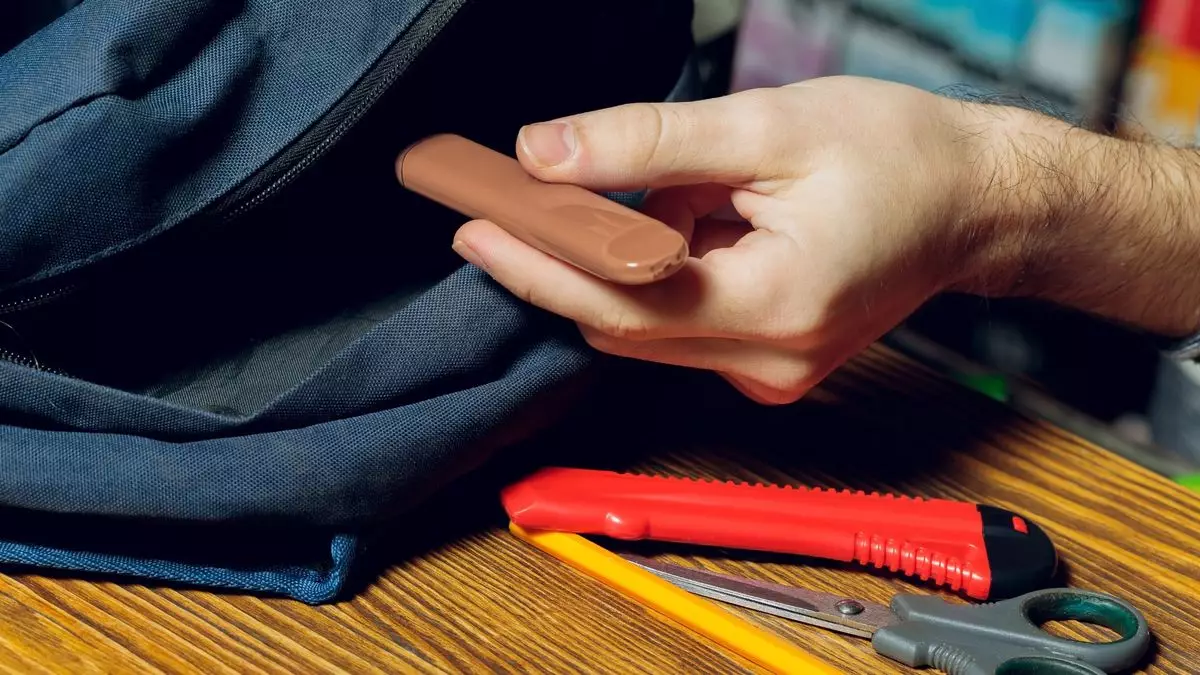In recent years, the aviation industry has grappled with a significant rise in overheating incidents involving lithium-ion batteries. A report released by UL Standards on September 9 highlights that from 2019 to 2023, these incidents increased by an alarming 28%. Although such occurrences remain sporadic in the grand scheme of the roughly 180,000 flights that take place weekly in the United States, the potential threat they pose to passengers and crew cannot be overlooked.
The most notable offenders appear to be e-cigarettes, with thermal runaway events linked to these devices outpacing all others. The report compiled data from 35 airlines, shedding light on the fact that 60% of reported overheating incidents transpired close to the passenger’s seat who had brought the device onboard. This statistic prompts a pressing need to understand passenger behaviors regarding battery-powered devices in the confined space of an aircraft cabin.
Various incidents underscore the tangible risks associated with lithium-ion battery devices. A notable event occurred in July when a laptop reportedly caught fire in a passenger’s bag, leading to a precautionary evacuation of a plane at San Francisco International Airport. Similarly, a flight traveling from Dallas to Orlando experienced an emergency landing due to a laptop battery igniting in an overhead bin. Such incidents highlight the importance of stringent safety regulations for carrying battery-operated devices onboard.
Interestingly, UL Standards’ findings reveal that nearly 25% of passengers surveyed admitted to packing e-cigarettes and portable chargers in checked luggage—an action that contradicts federal regulations. The Transportation Security Administration (TSA) prohibits these specific devices in checked bags due to their propensity to ignite and the difficulty of extinguishing such fires in the cargo hold. Enlightening passengers about these regulations is crucial for minimizing risks during flights.
The Federal Aviation Administration (FAA) has documented 37 thermal runaway cases on planes as of August 15 this year, reflecting a notable trend from the 77 reports made in 2022—a staggering 71% hike from figures recorded in 2019. While the occurrence of such events remains minimal compared to total flights, the unique dangers posed at cruising altitudes warrant further attention. As David Wroth from UL states, the repercussions of a battery incident at 40,000 feet pose particular challenges.
Historically, the aviation industry has been cautious regarding the transport of lithium-ion batteries, particularly after cargo plane tragedies in 2010 and 2011 involving battery shipments. Despite the International Civil Aviation Organization weighing tighter regulations, opposition from airlines calling for discretion in accepting battery shipments has stymied potential rule changes. Currently, while some airlines restrict bulk battery shipments, the burden to manage safety increasingly rests on passengers.
Ultimately, as the popularity of personal devices powered by lithium-ion batteries continues to rise, airlines must adopt a proactive stance in educating passengers about safety regulations. The increase in overheating incidents reflects a need for greater awareness and preventive measures, both amongst travelers and industry stakeholders. As aviation continues to evolve, ensuring passenger safety in relation to battery-powered devices remains an imperative that cannot be ignored. Ensuring that all airline passengers understand the risks associated with lithium-ion devices is key to maintaining safety in the skies.

